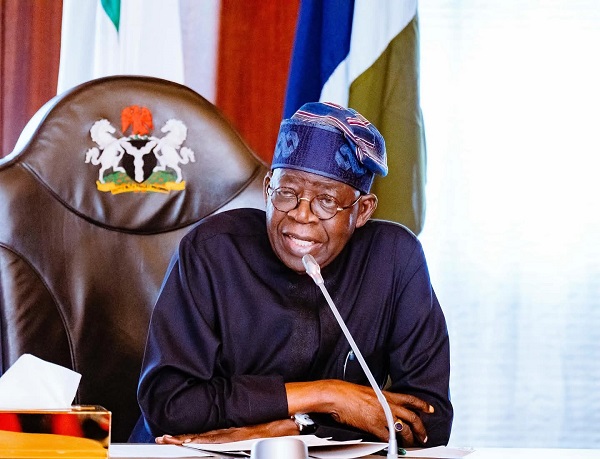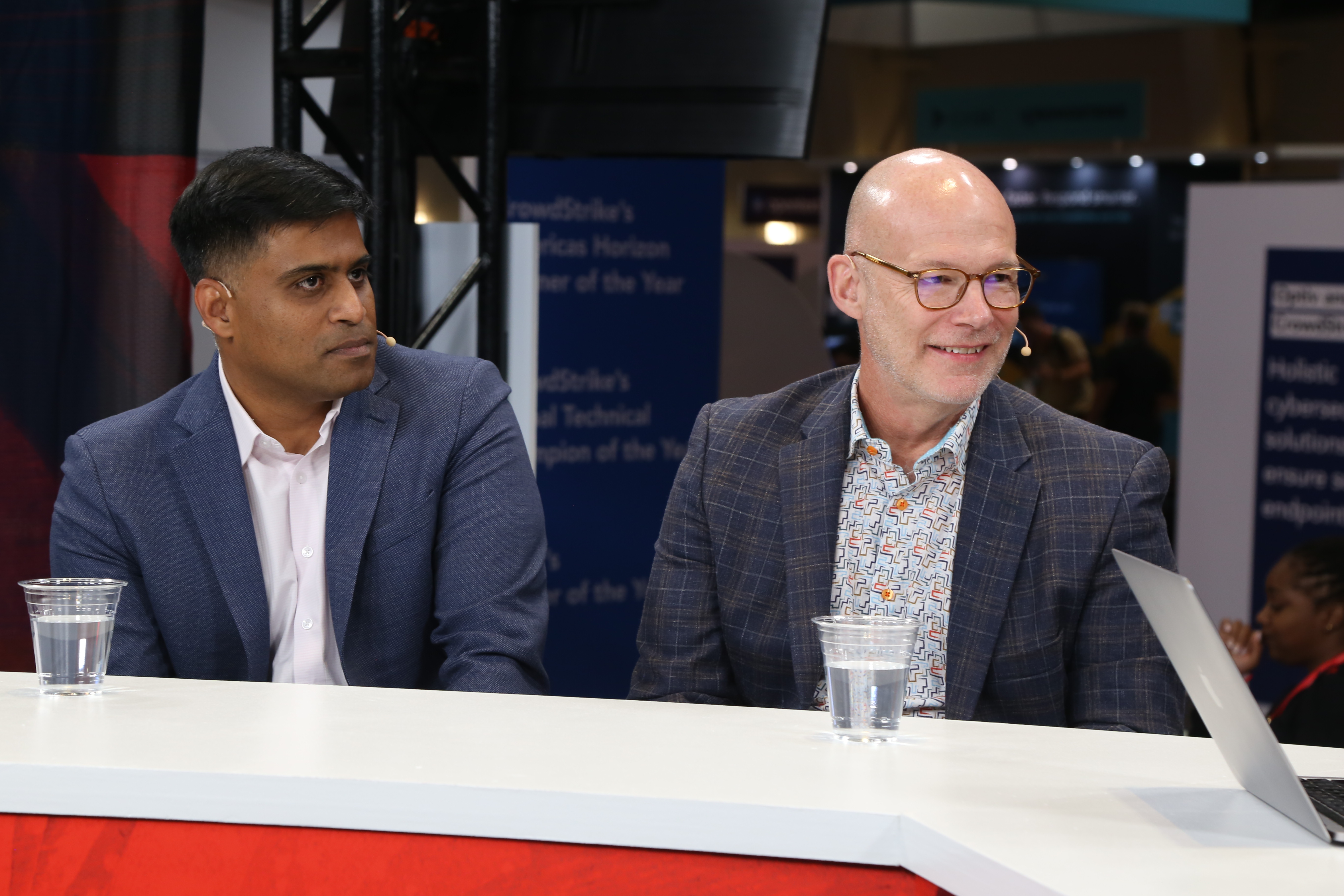By Gbenga Omokhunu | Abuja,The Nation
Copyright thenationonlineng

…Poor infrastructures impede north’s industrialization – Prof Ango Abdullahi
President Bola Tinubu, on Monday said Nigeria’s prosperity is inseparable from the future of northern Nigeria.
Tinubu, who was represented by the Minister of Finance and Coordinating Minister of the Economy, Wale Edun, at the Nigeria Investment and Industrialization Summit (NNIIS), 2025, organized under the leadership of the Northern Elders Forum (NEF), in Abuja, also said his administration is currently embarking on critical industrialization projects basically for northern Nigeria.
The president also commended NEF for the determination to change the narrative and also move to place the region in its rightful place as it used to be.
According to NEF, the theme of the Summit is, ‘Unlocking Northern Nigeria’s Mining, Agricultural and Power Potentials (MAP2035)’, and MAP2035, it is a 10-year blueprint for transformation, a framework designed to reposition Northern Nigeria as a hub of innovation, industrialization, and inclusive growth.
He said: “The future of Nigeria’s prosperity is inseparable from the future of northern Nigeria. If we unlock the north’s minerals, we secure a new era of industrial competitiveness. If we unlock the north’s agriculture, we guarantee food security and global export leadership. If we unlock the north’s power, we ignite a wave of industrialization that will employ millions of Nigerians.
“President Tinubu’s economic vision is to build a strong, stable and inclusive economy where the government clears obstacles out of the way, where the private sector provides the engine of growth and where every Nigerian can rise.
“The north is not just a part of the country; it is the engine of the country. So together, let us seize this moment to transform northern Nigeria into the powerhouse of Nigeria’s prosperity.
READ ALSO; Jonathan will contest 2027 presidency, says Jerry Gana
“I warmly commend the Northern Elders Forum, the 19 states of Northern Nigeria, for convening this historic summit. The theme, ‘Unlocking Strategic Opportunities in Mining, Agriculture, and Power’, MAP for short, could not be more fitting because these sectors do represent the backbone of Nigeria’s economy and indeed the foundation for industrialization.
“In the second quarter of 2025, that’s just this last quarter, April to June, the GDP of Nigeria grew by 4.23%, the strongest growth in a decade except for the COVID rebound era. The strongest growth in a decade, and since 2023, year-on-year growth has consistently been above three per cent, outpacing two per cent of the five to eight years previously.
“More critically, industrial growth, where jobs are created, doubled year-on-year, while agriculture and services also expanded robustly. Inflation has begun to ease, 20.12 per cent in August, and it’s consistently, month after month, the last five months have been coming down.
“Our trade surplus, $7.4 trillion, reserves risen to $42 billion, and as we know, the Naira has not only stabilized, it has even strengthened but this progress is not by chance it is a result of deliberate, intentional, and strategic policies anchored on the President’s Renewed Hope Agenda, and the Renewed Hope Agenda is anchored on economic transformation, inclusive growth, and national prosperity but it recognizes the interconnected roles of finance, public policy, technology, in unlocking Nigeria’s full potential.
“The key focus areas have been stabilizing the macroeconomic environment, creating jobs, reducing poverty, mobilizing private sector investment, whether domestic, and focused on digital and financial innovation.
“And that’s why the President’s administration’s strategic reforms place mining, agriculture, and power in the North at the heart of our growth agenda. What are those opportunities? As we have just heard, the North holds some of the most valuable mineral deposits in Africa. Gold, lithium, tin, zinc, limestone, coal are all available in the North, and new reforms are formalizing artisanal mining, attracting credible investors, as we have heard earlier today in lithium, for example, and ensuring that host communities benefit directly.
“And that is critical, ensuring that host communities benefit directly, thereby avoiding some of the problems that can come from when host communities feel left out.
“So, we are building value chains so Nigeria no longer just exports raw materials, but also processes those raw materials into batteries, cement, and industrial inputs. Let me turn to agriculture.
“With 70% of Nigeria’s arable land located in the North, agriculture is both the region’s heritage and its future, and key to unlocking that agricultural potential is really the world. It’s things like the infrastructure that was referred to by the chairman.
“Key infrastructure, such as the Sokoto-Badagry Highway, that will link so many states and their dams and their ability to provide irrigation, as well as link it all the way down to the South, all the way down to the ports. It’s that kind of transformational infrastructural development that is being undertaken under Mr. President’s Review of Hope agenda.
“And these are the things that are being done differently that give us tremendous optimism that at last some of the discussions which the Nigerian Economic Summit Group was undertaking in the 90s are now coming to fruition. The goal is to build agro-industrial corridors where crops, they don’t just feed the market, but they supply flour mills, textile factories, and export hubs”.
Speaking of efforts on energy revolution for the North’s industrialization to attract investors, the President maintained that the Ajaokuta Kaduna Kano AKK Pipeline, protected when completed, will make the north an industrial hub.
“Looking at power and industrialization, energy, of course, is the oxygen of industrialization. Without power, there can be no factories, no agro-processing, and no jobs at scale, which is what Nigeria needs. Of course, we now have the Ministry of Livestock Development, and that’s an important innovation that retains great value. But in terms of going back to power, we do have the Ajaokuta Kaduna Kano, AKK, Pipeline, and that is a strategic project.
“And it is almost completed, it will deliver natural gas for power generation and industrial use across the whole of northern Nigeria, and coupled with the Mission 300, which, as I said earlier, is unlocking about $32 billion in energy and industrial investment, we are laying the foundation for a northern Nigeria that is fully powered and industrialized.
“Imagine a northern Nigeria where textiles in Kaduna, cement in Sokoto, fertilizer in Bauchi, agro-processing in Kano, and mining in Zamfara, are all powered by reliable and affordable energy”.
In a remark, the Governor of Zamfara State, Dauda Lawal, called for serious action to tackle current insecurity bedeviling the region in order to attract investors.
Lawal also said what is needed now is to transform potential into prosperity, adding that there is need for the 19 State Governments to harmonize their economic policies and work together to achieve the developmental goals of the region.
He said, “The question before us, as leaders, is not what needs to be done, but how we must collectively act to transform potential into prosperity. To attract the investment we so desperately need and to industrialize our region for the benefit of the entire nation, we must move beyond rhetoric and embrace a new paradigm of collaborative action.
“Firstly, we must collectively secure people and investments. Security is the fundamental prerequisite for any meaningful development. Investors, both domestic and international, are not philanthropists; they are realists.
“They will not commit capital where it is not safe. We, as leaders across the 19 Northern States, must deepen our collaboration beyond politics. We must integrate our security architectures, share intelligence in real-time, and foster greater community policing to create a secure and predictable environment. A safe North is a bankable North.
“Secondly, we must harmonize and simplify our policies. The current landscape, where investment policies and regulatory frameworks differ—and sometimes conflict—from one state to another, creates confusion and discourages large-scale, regional investment. We must work towards a “One-North” Investment Policy. This would include harmonized land administration, streamlined approvals for mining and agriculture, and uniform tax incentives for strategic sectors. By presenting a united, predictable, and business-friendly front, we become a more attractive destination than any single state could if it does alone.
“In line with the above, I propose that the Northern States Governors Forum to constitute a committee of our state investment promotion agencies to draft a unified Investment policy and regulatory framework which will be submitted to the NSGF secretariat for review and ratification.
“Thirdly, we must commit to building enabling infrastructure, particularly in Power. No nation or region has ever industrialized with generators. The power sector is the engine room of industrialization. Taking advantage of Electricity Act 2023, we must pool our resources and political will to develop a Northern Power Strategy. This involves not just connecting to the national grid but aggressively investing in embedded generation from solar, hydro, and gas to create industrial clusters with dedicated, reliable power.”
He also stressed that, “Our fortunes are intertwined. Therefore, my call to action today is for a Northern Nigerian Economic Compact. A binding commitment among the 19 states to: Speak with One Voice on security and economic matters; Create a Single Window for major investors looking to do business across the region; Co-invest in critical infrastructure like power, rail, and fibre optics that connect our states.
“By doing so, we will not only be unlocking the strategic opportunities in mining, agriculture, and power; we will be unlocking the immense potential of our people. We will create jobs for our youth, create wealth for our people, and contribute meaningfully to the food security and economic resilience of our nation, Nigeria.”
The Convener/Chairman Northern Elders Forum, NEF, Prof Ango Abdullahi, represented by Air-Marshal Al’amin Daggash (Rtd.), while underscoring the importance of the Summit in an address of welcome pointed out that one of the major challenges that has impeded industrialization of the region is lack of critical infrastructures.
According to Abdullahi, the Summit is not political, neither is it ceremonial rather a mission for prosperity, a rallying call to action, and a decisive step toward building a sustainable economic future for Northern Nigeria.
He said, “We cannot delay any further. The resources are here, the people are ready, and the time is now. Let us be clear: if the North rises, Nigeria rises. If Nigeria rises, Africa rises
This Summit marks the beginning of a decade-long journey. The North must walk it with determination, unity, and vision.
“The backbone of Northern Nigeria’s economy, from colonial times through the early years of independence, was agriculture and an extensive network of rail lines. These facilitated the movement of groundnuts, cotton, hides and skins, and solid minerals to the coastal states—predominantly Lagos—for export.
“That legacy demonstrates two enduring realities: The North has always been the engine room of Nigeria’s productive economy.
“Our challenge has always been infrastructure to link our vast resources to markets.
“Today, those realities remain unchanged. Northern Nigeria is blessed with abundant mineral wealth, fertile land, and vibrant human capital. But without modern infrastructure—railways, roads, power, and storage—the full value of these resources cannot be realized. This explains the growing preoccupation of government agencies and stakeholders with exploiting our region’s tremendous mineral resources.
“Yet, as elders, we must stress: without corresponding infrastructure, these efforts will remain sub-optimal
Call for Deliberate Action; We, as elders, strongly believe that for government policies to deliver meaningful impact, there must be deliberate commitment to the mining sector and its related services.
“Imagine the multiplier effect—industrial growth, job creation, poverty reduction, and renewed prosperity for our people—if mining is properly harnessed, linked to value chains, and supported by strong infrastructure.”
However, the NEF boss also called for favorable financial inclusion of northern entrepreneurs in terms of project financing.
“The Question of Finance. It is also pertinent to bring to the fore the issue of project financing.
We must express our continuous concern that unless the government and financial sector review their policies, businesses based in Northern Nigeria will remain disadvantaged.
“The current practice where entrepreneurs can only access substantial credit if they hold properties in Lagos or Port Harcourt is unjust and exclusionary”, he said.



